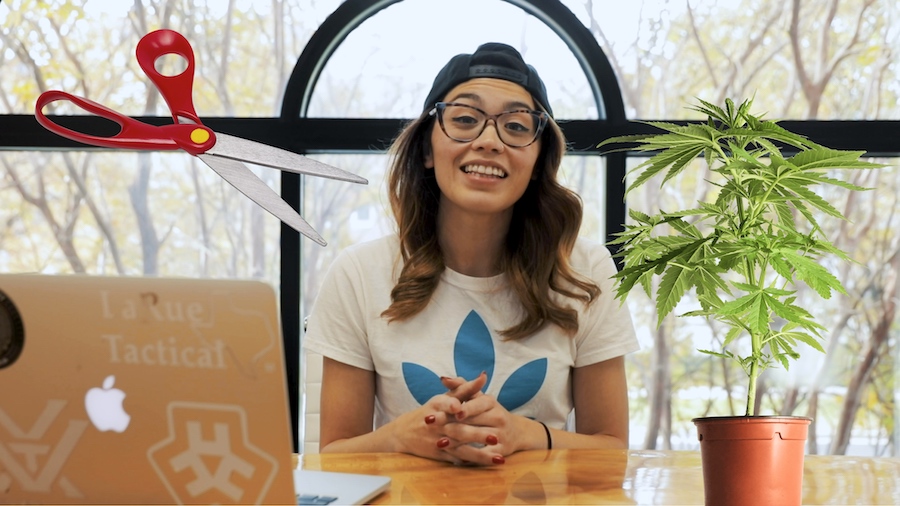Over half of the cannabis consumed in the United States is produced in a remote part of Northern California known as the Emerald Triangle. As a part of the growing process, growers must carefully and manually trim the leaves away from the buds of the plant. That means hiring on extra hands to assist with the pruning.
And many growers are turning to migrant workers for help.
These workers, known colloquially as “trimmigrants,” make the trek come harvest time because they know they can make good money—generally up to about $300 for a day of labor.
But what is life like for the workers who take on this responsibility? Let us preface by saying that not all cultivators treat their workers terribly. However, there are many harrowing stories that the public should become aware of. Because trimmigrants are not protected by US law, is the work safe for them? Or has the industry given rise to human rights problems that must be addressed?
Where Do Trimmigrants Come From?
The short answer—all over. Trimming is a fairly reliable way for non-US citizens to earn an income, especially if they’re in the country during the growing season when extra hands are needed. So when you think of trimmigrants, don’t make the mistake of thinking of people solely from Latin America. Many trimmigrants have hailed from Europe, and it’s common to see tourists, and American college students taking on this kind of work.
Some estimate that as many as 150,000 people worked as trimmers this season, and up to half of those may have come from outside the US. Because this industry isn’t documented, it’s impossible to say for sure.
Why You Should Get Your Medical Marijuana Card
Veriheal has satisfied millions of patients nationwide by giving them access to these benefits
- Larger purchase limits
- Peace of mind
- Enhanced legal protection
- Access to higher potency strains
- Save up to 25% on cannabis purchases
- Skip the line at the dispensary
Why use trimmigrants instead of legal employees? The primary reason is that the Emerald Triangle supplies the unregulated cannabis market and doesn’t want to invite government oversight. In other words—what’s going on is more than just nominally illegal.
Working Conditions
Although trimmigrants are well paid, the work itself can be tedious, painful, and exhausting. Workers have reported nonstop labor, with breaks only for meals provided by the employer. Housing is sometimes unprovided, and many trimmigrants must find places to camp out for the night between shifts. Drug use on the job is not uncommon, and may contribute to workplace injuries—trimming tiny leaves with sharp scissors is delicate work at best.
But these unpleasant working conditions reflect a better-case scenario in some instances. The dark side of trimmigrant work can produce far more unpleasant stories.
Trafficking
Investigators have found that female trimmers are preferred and more likely to be hired. This disparity is likely because male growers “seek female companionship,” according to an investigator for the Eureka Police Department.
In an unregulated industry, it’s far too easy for this mentality to lead to abuses. There are reports of male employers making unwanted sexual advances toward their employees. Some women report having been offered higher wages to trim while topless. Others share horror stories of having their pay withheld until they agree to perform sexual acts on their employer. Because these women are working illegally, they have no recourse to protect themselves.
In one nightmare story, a teenage girl was hired for what she thought was a standard trimming job. Instead, she was raped repeatedly by the two growers in charge. Then, fearing she would run away, the men locked her in an oversized toolbox.
Unfortunately, many law enforcement agencies still consider the cannabis industry itself to be the inciting factor in this terrible problem.
Ultimately, more oversight will only help the workers on cannabis farms by providing the protections they need to work safely. Legalization can’t come soon enough for the workers—especially the young women—in the Emerald Triangle.
Author, Share & Comments
















